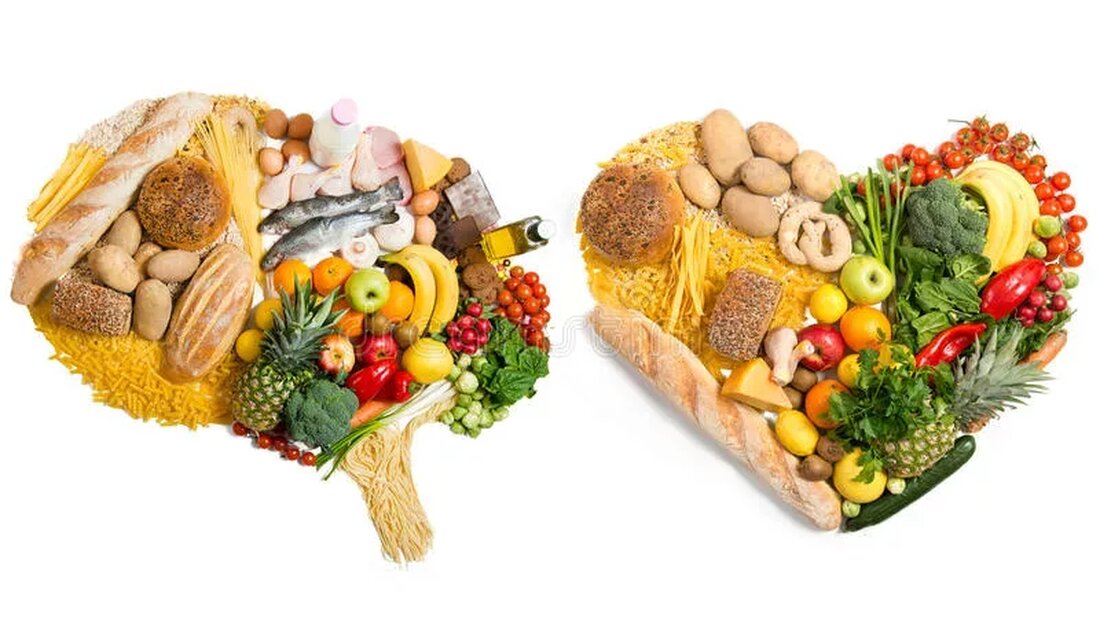How prebiotics and probiotics benefit your health
Prebiotics and probiotics provide your body with the right nutrients for healthy bacteria to attract your digestive system, limit the growth of harmful insects, help you digest food and get the ideal nutrition from your diet. Our digestive system needs help from healthy bacteria so our body can break down food and absorb nutrients so we stay healthy and have enough energy throughout the day. We need friendly bacteria in our digestive tract, especially in the lower intestine, to prevent disease from developing. What are probiotics? Probiotics are substances with healthy bacteria that remain in our digestive tract when ingested. …

How prebiotics and probiotics benefit your health
Prebiotics and probiotics provide your body with the right nutrients for healthy bacteria to attract your digestive system, limit the growth of harmful insects, help you digest food and get the ideal nutrition from your diet.
Our digestive system needs help from healthy bacteria so our body can break down food and absorb nutrients so we stay healthy and have enough energy throughout the day. We need friendly bacteria in our digestive tract, especially in the lower intestine, to prevent disease from developing.
What are probiotics?
Probiotics are substances with healthy bacteria that remain in our digestive tract when ingested. When there is an imbalance between healthy and bad bacteria in the gut, symptoms appear in the gastrointestinal tract and other parts.
What are prebiotics?
Prebiotics are substances that, when ingested, promote healthy bacteria in your digestive tract, the large intestine. Prebiotics keep the microflora in the intestine healthy.
What is the difference between prebiotics and probiotics?
The complementary prebiotics ensure that healthy bacteria grow and function in the right environment in your digestive system. So if you don't get enough prebiotics in your daily diet, taking probiotics won't maintain enough healthy bacteria in your gut.
Yogurt and other foods that contain prebiotics and probiotics are called synbiotics.
How do I know if I have a prebiotic level imbalance?
When you have unhealthy levels of prebiotics in your gut, it leads to an imbalance of bacteria in your gut.
These are some of the symptoms you may experience:
-
Diarrhea
-
fatigue
-
Flatulence
-
obesity
-
depression
-
flu
-
Urinary tract infection
-
Allergies
-
Vaginal yeast infections
-
Skin problems
What are some of the benefits of healthy prebiotic levels?
There are many clinical studies demonstrating the benefits of prebiotics in adolescents, infants and adults.
Taking the right amount of prebiotics in food or supplements has many benefits:
-
Reduces GI symptoms
-
Helps you lose weight
-
Increases your energy levels
-
Promotes healthy bacteria in your tract
-
Restores a balance of bacteria in your digestive tract
-
Promotes the absorption of important nutrients from food
-
Prevents colon cancer and other cancers
-
Promotes proper calcium metabolism and healthy bones in adolescents
-
Better well-being
-
Prevents type 2 diabetes
Here's how to add prebiotics to your diet
If you have symptoms of inadequate prebiotic balance and want to stay healthy, you can add some of the following foods to your diet:
-
Honey
-
asparagus
-
Whole grain
-
Onions
-
Bananas
-
kiwi
-
legumes
-
Artichokes
-
Garlic
-
oatmeal
Taking prebiotic supplements
However, one of the easiest ways to promote proper levels of prebiotics is to take prebiotic supplements.

 Suche
Suche
 Mein Konto
Mein Konto
